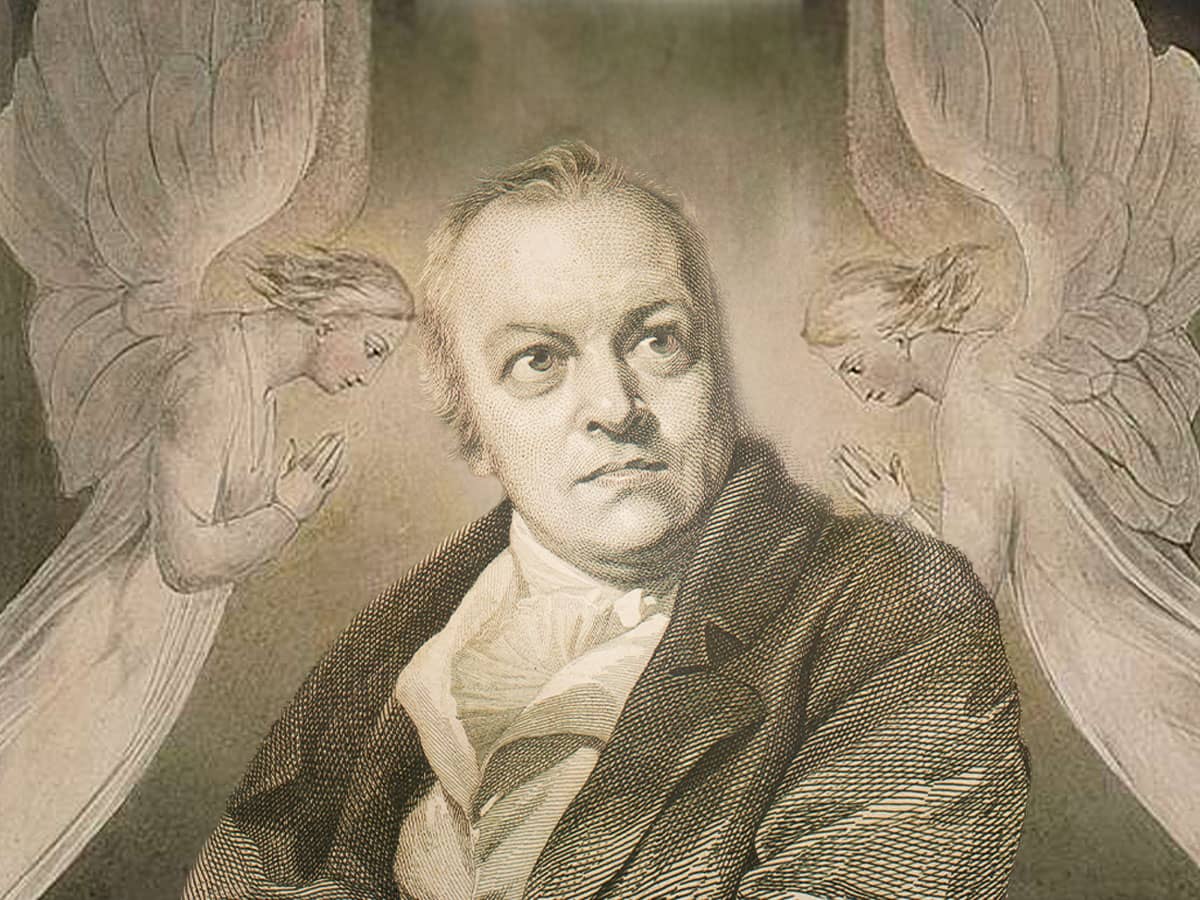Inevitably, something was lost in the transition from ecstatic ritual to secularized festivities--something we might call meaning or transcendent insight. In ancient Dionysian forms of worship the moment of maximum "madness" and revelry was also the sacred climax of the rite, at which the individual achieved communion with the divinity and a glimpse of personal immortality. Medieval Christianity, in contrast, offered "communion" in the form of a morsel of bread and sip of wine soberly consumed at the altar--and usually saw only devilry in the festivities that followed. True, the entire late medieval calendar of festivities was to some degree sanctioned by the Church, but the uplifting religious experience, if any, was supposed to be found within the Church-controlled rites of mass and procession, not within the drinking and dancing. While ancient worshippers of Dionysus expected the god to manifest himself when the music reached an irresistible tempo and the wine was flowing freely, medieval Christians could only hope that God, or at least his earthly representatives, was looking the other way when the flutes and drums came out and the tankards were passed around.
The result of the Church's distancing itself from the festivities that marked its own holidays was a certain "secularization" of communal pleasure. After the festival's official religious rites--the mass, the procession, the various blessings and public prayers--were completed, the rest of the day's (or week's) activities lay at least in part outside the Church's spiritual framework and moral jurisdiction. On the one hand, this relative secularization may help account the uglier side of the European carnival tradition. Without a built-in religious climax to the celebrations--the achievement, for example, of a trancelike state of unity with the divinity -- they readily spilled over into brawling and insensate drunkenness. The Jews in particular, as Christian Europe's perennial scapegoats, knew better than to venture out when the gentiles were having fun. Shakespeare's Shylock warned his daughter:
What, are there masques? Hear you me Jessica:
Lock up my doors, and when you hear the drum
And the vile squealing of the wry-necked fife,
Clamber not you up to the casements then,
Nor thrust your head into the public street
To gaze on Christian fools with varnish'd faces.
But if secularization drained festivities of moral content and ecstatic insight, it also gave people ownership of and control over them. Great passion and energy went into the planning of festivities, with special organizations, like the French confraternities of young men, dedicated entirely to preparations year-round. There were constant minor conflicts to resolve -- between secular and religious authorities, peasant leagues and urban guilds--over the form and nature of festivities. And sometimes the revelers singled out for ridicule the very authorities who declaimed against the festivities and threatened to stamp them out. In 1558, for example ---admittedly, well past the Middle Ages--the bishop of Fréjus's attempt to suppress the local Feast of Fools led to a riot and storming of his palace. Festivity--like bread or freedom--can be a social good worth fighting for.
Finally, with secularization, there had to be a realization that festivity, even when it occurred on religious holidays, was ultimately a product of human agency. Ancient Dionysian revelers and Christian glossolaliacs believed that their moments of ecstasy were the gifts of a deity. But when the church doors closed shut on festivity in the late Middle Ages, the revelers must have understood that whatever joys they found were of their own, entirely human, creation. Huge amounts of effort and expense went into a successful celebration: Costumes had to be sewed, dance steps and dramas rehearsed, sets built, special pastries and meats prepared. Pleasures crafted with so much creativity and forethought--pleasures that, moreover, were often barely tolerated by the ecclesiastical establishment--can hardly be said to come from God. In the secularized festivities of the late Middle Ages, people could discover the truth of Mikhail Bakhtin's great insight: that carnival is something people create and generate for themselves. Or, as Goethe wrote, carnival "is a festival that really is not given to the people, one the people give themselves.

